
Ethiopia faces a critical shortage of second doses of the COVID-19 vaccine as authorities find themselves in a difficult position to complete the regimen of millions of people who have already received the first dose.
The Ministry of Health first rolled out its COVID-19 vaccination programme three months ago and almost two million people have received their first AstraZeneca dose since then.
As things currently stand, if all people who have received their first AstraZeneca dose are to get their second shots, there simply would not be enough to go around.
The government acquired 2.18 million doses of the AstraZeneca vaccine in early March and with the time for second shots edging closer and stocks running dry, 1.68 million people are likely to have to wait for more vaccines to come in, possibly missing the appointments set by health professionals during the first round of doses.
Ethiopia received the first shipment doses of the AstraZeneca vaccine through the COVAX facility, a project launched by the World Health Organisation, the European Commission and France to boost equitable access to COVID-19 diagnostics, treatments and vaccines. Later, by the end of March, the Chinese government donated 300,000 doses of the Sinopharm vaccine.
The second shipment of 5.4 million AstraZeneca doses was expected to arrive last month, however, due to the halt in the production of the vaccine, the shipment never materialised.
Rolling out began on March 13, 2021, initially targeting medical professionals. So far, over 311,000 medical professionals have received the AstraZeneca vaccine. Vaccination for the second recipient groups commenced a few weeks afterward, prioritising the elderly above the age of 65 and those with underlying medical conditions. In this manner, about 1.93 million people received their first jabs of AstraZeneca, while more than 4,300 people have so far received the Sinopharm vaccine.
Sinopharm on the other hand has been administered in Addis Abeba only to media personnel and public transport drivers. Next in line are people whose work involves interactions with lots of people, exposing them to the virus. These include people at banks, the Mayor's Office, and the Document Authentication & Registration Agency and others, according to Yohannes Lakew, maternal and child health assistance director and vaccination programme coordinator at the Ministry.
As the second round of doses for early recipient medical professionals is due to begin next week, the government is undergoing the necessary preparatory work. It plans to wait for more doses to arrive while providing second shots to as many people as possible.
The Ministry is trying to acquire vaccines through several means. Negotiations to acquire vaccines from the COVAX facility, through the African Union's vaccine platform, from foreign government donations, and direct purchase from suppliers are underway. Additionally, the Ministry is looking into means to allow private entities to import vaccinations, according to Yohannes. With that, more doses are expected to be acquired in the coming months, he added.
Several institutions like the Ethiopian National Defense Force, Ethiopian Airlines and the Office of the Prime Minister have gone the route of sourcing vaccines separately for their members and employees.
Several vaccines have been developed in different parts of the world, five of which are being administered and monitored in the wider population after being approved. These are the Pfizer-BioNTech, Moderna, Johnson & Johnson, Astra Zeneca, and Sinopharm vaccinations.
The AstraZeneca vaccine has an efficacy of 63pc against symptomatic infections and a second dose within eight to 12 weeks after the first is proven to result in greater vaccine efficacy. A large multi-country trial has shown that two doses, administered at an interval of 21 days, have an efficacy of 79pc against symptomatic COVID-19 infection 14 or more days after the second dose.
"The efficacy of the AstraZeneca vaccine, if administered for a second round, would be boosted up to 80pc, hence it is recommended to do so but no health consequences would be faced otherwise," said Tinsae Alemayehu (MD), an infectious disease specialist.
Late last week, WHO's Regional Office for Africa issued a statement stating that Africa is falling behind in vaccine rollouts.
"As COVID-19 cases in Africa rose for the third week running and vaccines are increasingly scarce, 47 of Africa’s 54 countries, nearly 90pc, are set to miss the September target of vaccinating 10pc of their people unless Africa receives 225 million more doses," read the statement. The Ministry of Health had announced earlier this year that it plans to vaccinate 20pc of the population by the end of the year.
At 32 million doses, Africa accounts for under one percent of the over 2.1 billion doses administered globally. Just two percent of the continent’s nearly 1.3 billion people have received one dose and only 9.4 million Africans are fully vaccinated.
As of the end of last week, more than 273,890 people have been infected by the virus in Ethiopia while more than 4,200 have lost their lives.
PUBLISHED ON
Jun 12,2021 [ VOL
22 , NO
1102]

My Opinion | Feb 12,2022

Viewpoints | May 21,2022

Radar | Sep 10,2021
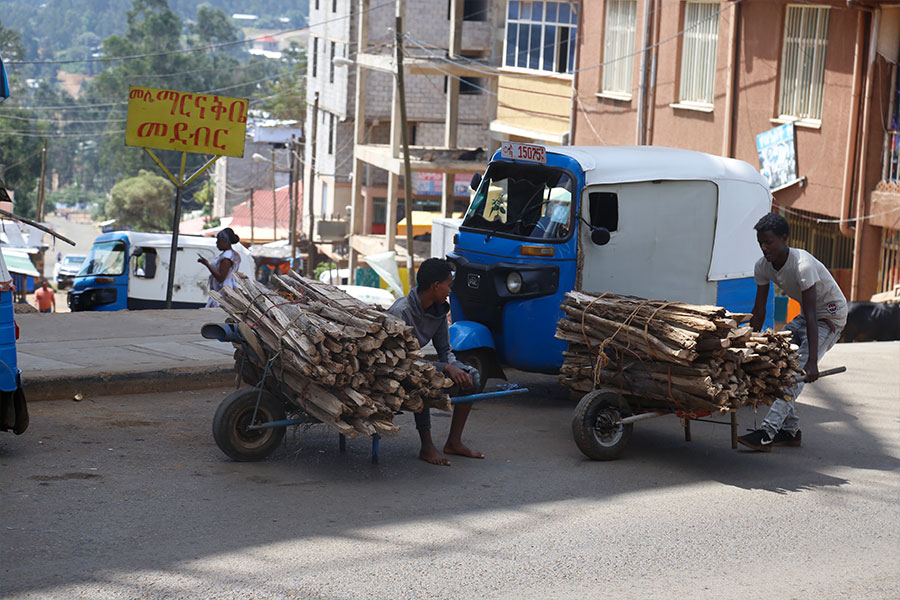
Radar | Jun 21,2021
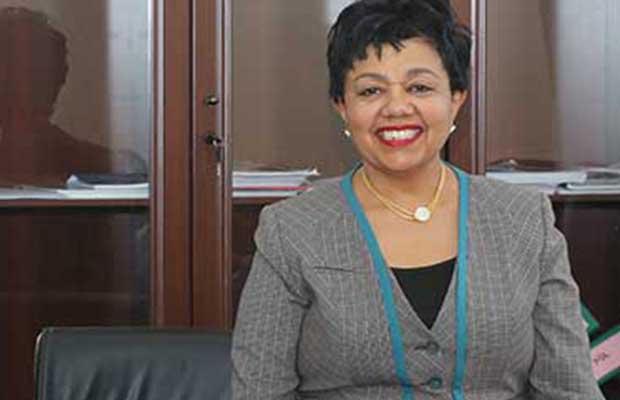
Exclusive Interviews | Jan 05,2020
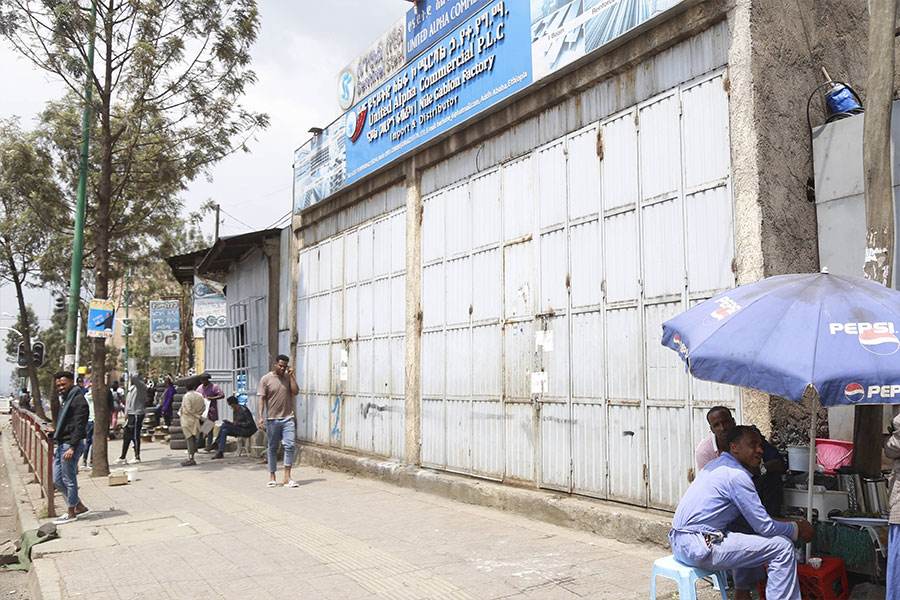
Agenda | Oct 09,2021

Radar | May 21,2022

View From Arada | Mar 13,2021
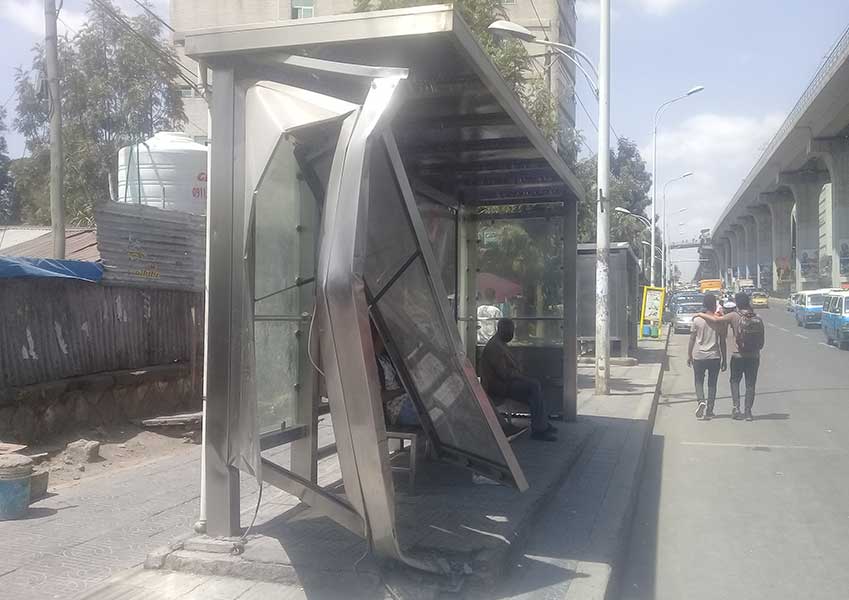
Radar | Feb 26,2022
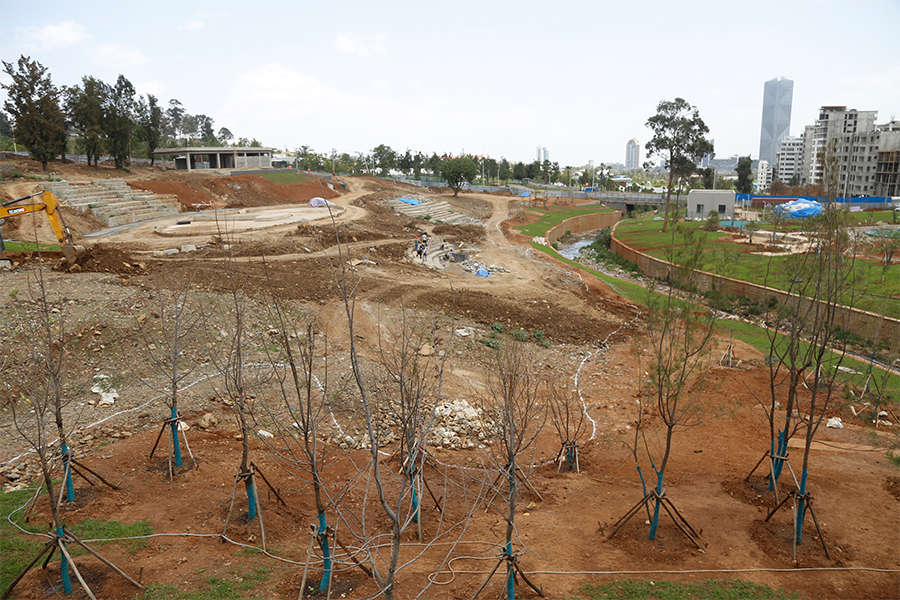
Radar | May 26,2021

Dec 22 , 2024 . By TIZITA SHEWAFERAW
Charged with transforming colossal state-owned enterprises into modern and competitiv...

Aug 18 , 2024 . By AKSAH ITALO
Although predictable Yonas Zerihun's job in the ride-hailing service is not immune to...

Jul 28 , 2024 . By TIZITA SHEWAFERAW
Unhabitual, perhaps too many, Samuel Gebreyohannes, 38, used to occasionally enjoy a couple of beers at breakfast. However, he recently swit...

Jul 13 , 2024 . By AKSAH ITALO
Investors who rely on tractors, trucks, and field vehicles for commuting, transporting commodities, and f...

Oct 25 , 2025
The regulatory machinery is on overdrive. In only two years, no fewer than 35 new pro...

Oct 18 , 2025
The political establishment, notably the ruling party and its top brass, has become p...

Oct 11 , 2025
Ladislas Farago, a roving Associated Press (AP) correspondent, arrived in Ethiopia in...

Oct 4 , 2025
Eyob Tekalegn (PhD) had been in the Governor's chair for only weeks when, on Septembe...